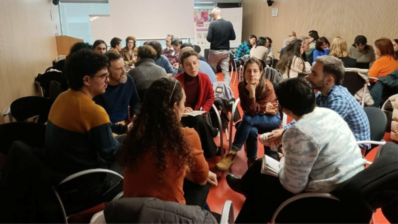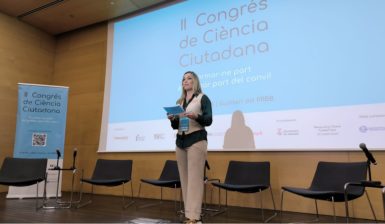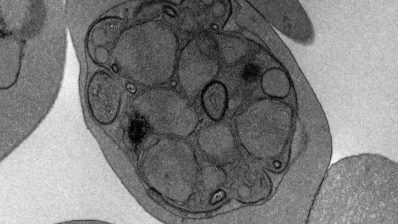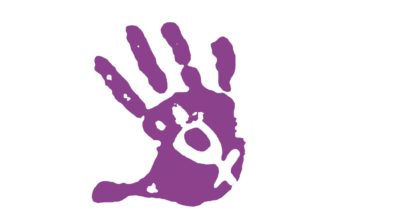The key lesson from the COVID-19 pandemic, and it is a lesson we had already learned from nuclear accidents, is the need to be much better prepared. This is how the experts at the Barcelona Institute for Global Health (ISGlobal) see it, and for this reason they organized a workshop on preparedness for health emergencies on May 5 and 6.
The objective was to discuss lessons learned about the preparation and response to different environmental and public health crises and discuss how to best incorporate them into future preparedness plans for all types of risks at the global, regional, national and local levels.
We speak with Elizabeth Diago, manager of ISGlobal’s Health Crisis Preparedness and Response program, whose job is to coordinate and promote activities and research that help society to be better prepared to respond to health crises.
————————————
Could you explain to us what the concept of ‘preparedness’ consists of?
A health crisis (or any other crisis) goes through different stages, in a cycle that we call PR3:
- Preparatory, where you have to focus on risk prevention and planning of possible responses;
- Response, where the important thing is to mitigate the effects of the crisis;
- Recovery, where you try to get back to normality;
- Resilience, where you have to use everything you have learned to be more prepared for the next time.
The first phase, which we call ‘preparedness’, is essential to respond efficiently to a future crisis, which will undoubtedly come. It was always the case, but with the Covid19 pandemic it has become clear to everyone, including funding agencies, who have realized that we need to invested heavily in preparedness. For example, the European Commission is now getting specific funding ready for this concept of ‘preparedness’ and prevention of future pandemics
And what are the main elements of this ‘preparedness’?
I would summarize them in four:
- Crisis communication, which is key; to know what to communicate, when and how.
- Coordination between the different actors (scientific and medical personnel, agencies, institutions, social agents…) creating legal action frameworks.
- Action protocols including what each involved stakeholder is going to do and at what stage of the response. In addition, protocols for the identification and monitoring of affected people should be included. The latter can be achieved by creating framework questionnaires that are easily adapted according to the type of crisis.
- Training of these protocols (drills, exercises, etc.) that allow identifying weak points that must be strengthened by reviewing the protocols.
To give you a recent example, in the case of the La Palma volcano, just two months before the eruption they had carried out an exercise where all the agents involved met to see what they should do if there was an eruption… which came in handy!
And what are you doing at ISGlobal regarding this issue of “preparedness”?
The ISGlobal preparedness group, formed by 4 people (the co-directors Dr. Elisabeth Cardis and Gonzalo Fanjul and Dr. Clara Marín and myself), have published a ‘policy paper’ on PR3 where we define the stages and which actors must take part in each. We propose an ‘all hazards‘ model, that is, one that does not focus only on health crises caused by pandemics, but on any crisis that may have an effect on public health: natural disasters or those resulting from climate change, chemical, radiological and physical, other dangers such as bioterrorism… Because many of the actions that must be carried out to be prepared, such as a good crisis communication plan, are common to all crises.
Many of the actions to be taken to be prepared, such as a crisis communication plan, are common to all crises.
Now it seems that crises are piling up…
Indeed. We’ve had Covid19, but the Ukraine crisis has also come along. And a chemical or other type of accident may occur at any point… we are exposed to many risks. And we can’t just be ‘reacting’, we need anticipation. Because this is not going to be the last pandemic or the last public health crisis. There are more and more ‘spill over‘ events – when animal diseases pass to humans and then are transmitted from person to person; like the cases of monkeypox that we are seeing now.
And why are there more and more of these cases?
There are several factors:
- Environmental factors: climate change is affecting the ability of some pathogens or their transmission vectors to live in areas where they could not before. But not only are infectious diseases affected, but we also have a higher frequency of natural disasters such as floods, droughts, extreme weather with heat waves and extreme cold, etc. that have severe effects on the health of the population.
- Human activity, such as deforestation, fragmentation of the territory, etc. which means that animals that used to live in a forest can begin to live with humans, which increases the probability of a species jump.
- Traditions of cultures where wild animals are consumed or where wild animals coexist with domestic animals, increasing the transmission capacity of pathogenic agents from one to another.
- Globalization: travel, trade, goods transport… make it much easier for infectious agents to travel from one end of the world to the other, so an outbreak can reach any part of the world in a matter of days.
What has been the main lesson we should learn from the Covid pandemic?
I don’t know if I can pick just one…! In our policy paper we have described 10, but I would highlight two. On the positive side, the fundamental role that science, research and innovation have played; the coordination that has taken place and the amount of resources invested have made it possible for us to have diagnostic tests, treatments and vaccines in record time. But, on the other hand, there has been a great deal of misinformation, an infodemic… It has become clear that we are not prepared to communicate risks. Scientific staff have a pending issue with this, and governments and health authorities too: they have given fragmented or even contradictory messages, which have made citizens participate less in the measures that in principle are there to try to protect them…
“The Covid pandemic has shown us the fundamental role that science, research and innovation can play when there is coordination and resources. On the other hand, it has made clear that we are not prepared to communicate risks”
What are your team‘s next steps?
We have started by making an inventory of all the activities carried out at ISGlobal related to the preparation and response to health crises.
Now we want to make a roadmap on how ISGlobal can respond to these preparedness and response issues, both in terms of existing scientific challenges and in translating existing scientific evidence into public health policies. In the case of Covid19, I think ISGlobal has played a great role, both in research and participation in expert panels and in the great activity of the communication teams to get information based on scientific evidence to the population and fight against misinformation.
Another big goal would be to create a network of specific experts at the international level who can be asked for advice when a certain crisis occurs. We recently organized a workshop on the subject of PR3 that had scientific experts in different types of crises, but also representatives of public and private institutions at a Spanish, European and global level. The importance of creating a comprehensive preparedness framework for systemic risks has been highlighted. To do this we must learn the lessons from all types of disasters and work in a coordinated and multidisciplinary manner.
The health crisis caused by COVID-19, unfortunately, will not be the last to affect us, but if as a society we do some preliminary homework now, we can try to reduce the impact it may have on our society. Investing in prevention and preparation measures pays off.







